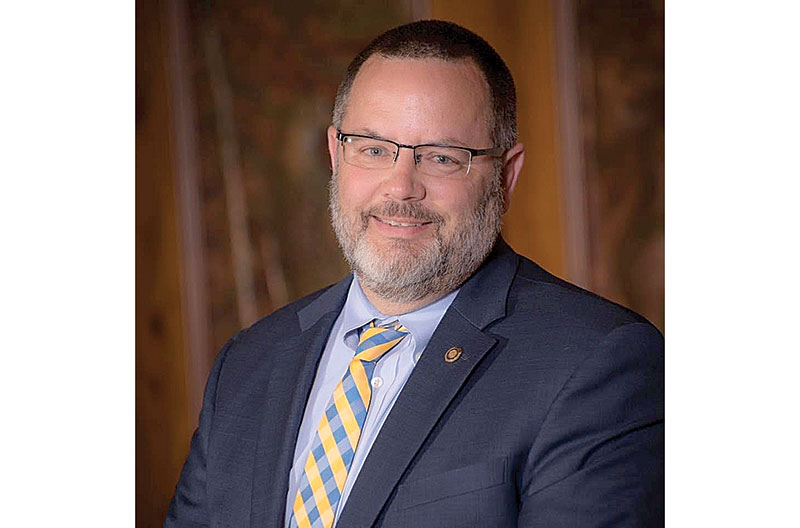Dan Shaul, executive director of the Missouri Grocers Association, and his members are dealing with many of the same issues that consistently trouble the industry nationwide, with supply chain challenges and labor shortages atop the list.
These issues have been exacerbated due to the COVID-19 pandemic and are just symptoms of each other, according to Shaul.
“The employment issue has escalated and sped up. We were going to have an issue with employment at some point,” he said. “But instead of it taking three or four years to transpire, it took about three months. And that has put up a magnifying glass on the supply chain…it’s been a disappointment how the supply chain has reacted.”
To Shaul, the situation stems from the quick shift from restaurant foodservice to a larger number of households cooking more often. The supply chain was heavily focused on the pre-pandemic culture and unprepared for the social shift. But that doesn’t mean it isn’t fixable.
“If we’re able to take a supply chain that was mostly based on so much foodservice and less on retail, you’ll see the ability to adapt,” he said. “And after that is over, we will recognize more flexibility in this supply chain and the previous efficiencies we’ve had will return.”
Shaul hopes to see manufacturers, wholesalers and retailers learn “a great deal” from the transition.
While the issues linger, the MGA is getting ready for its annual convention in October. The gathering will focus on a variety of topics, including increased basket size and communication with customers and employees. However, Shaul also wants members to focus on decreasing shrinkage, something he feels is largely ignored.
“We always focus on sales, we always focus on increased basket size – which is good – but sometimes you have to look and see how much money we’re losing within the operation,” he said.
In addition the convention’s speakers and workshops, Shaul also looks forward to the “hallway conversations.” These can be the most beneficial to retailers as they can turn competitors into allies with common foes; in this instance, employment and supply chain.
“When you get down to the state level, you can share ideas and programs that work to help each other…that is really one of the better things we can do is provide that opportunity where competitors, retailers, wholesale vendors can talk openly and find solutions,” he said. “Business A talks to Company B about how they’ve mitigated 10 percent of their workforce going away and never returning.”
In other matters, the state has endured heavy rainfall this summer, which has led to flooding, particularly in and around St. Louis. But as Shaul noted, “managing Mother Nature” is nothing new to grocery retailers.
“Some stores had minor issues, some had more,” he said. “But [natural disasters] affect the grocery industry every day. Our members – and really every independent grocer in the country – are incredibly resilient. The industry comes together to support them and in turn support the communities they serve.”
Legislatively, the association has its eye on several key topics that seem to be looming over the upcoming January legislative session. Shauls, who also is a member of the Missouri House of Representatives, mentioned possible changes to tax collection credits offered to the state’s retailers. He would prefer it remain unchanged.
For more information, visit missourigrocers.com.

